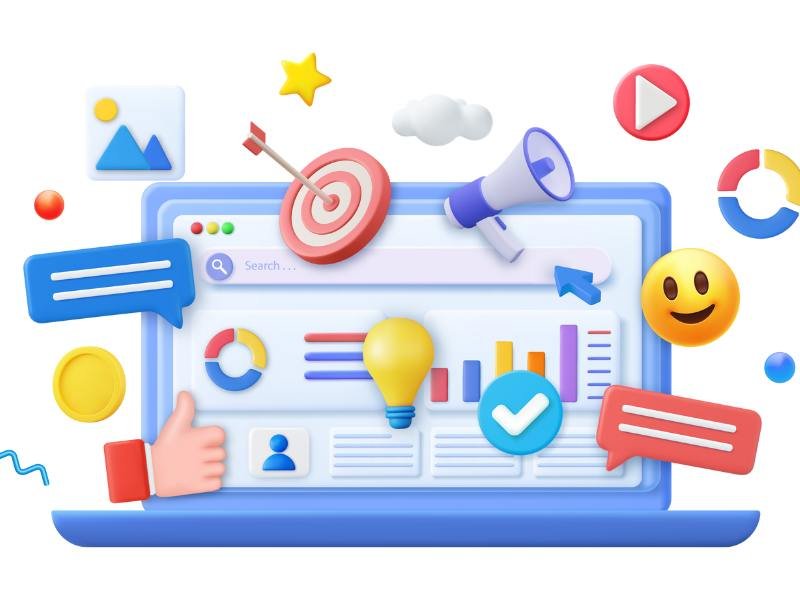Artificial Intelligence (AI) has emerged as a transformative force in the business landscape, redefining processes, enhancing efficiency, and opening new opportunities for growth. From small startups to global corporations, AI is reshaping how businesses operate in today’s competitive environment.
What is Artificial Intelligence (AI)?
Artificial Intelligence refers to the simulation of human intelligence in machines programmed to think, learn, and make decisions. AI encompasses various subfields, including machine learning (ML), natural language processing (NLP), computer vision, and robotics, all of which contribute to innovative business solutions.
How AI is Revolutionizing Business Operations:
1. Enhanced Decision-Making

AI-powered analytics tools process vast amounts of data to uncover trends and insights that inform strategic decisions. Predictive analytics, for example, helps businesses forecast market trends, customer behavior, and potential risks.
2. Improved Customer Experience

Chatbots, virtual assistants, and recommendation systems powered by AI deliver personalized experiences to customers. These technologies enhance user engagement, boost satisfaction, and drive sales.
3. Streamlined Operations

AI automates repetitive tasks, reducing manual effort and operational costs. From supply chain optimization to HR management, businesses are leveraging AI to increase efficiency.
4. Marketing Optimization

AI-driven tools like programmatic advertising, sentiment analysis, and content personalization enable marketers to target the right audience with precision, maximizing ROI.
5. Innovation and Product Development

AI accelerates innovation by analyzing market trends and identifying gaps. Companies can design new products and services faster, staying ahead of the competition.
Industries Leveraging AI
1. Retail
AI in retail enhances inventory management, personalized marketing, and predictive sales analytics. Technologies like visual search and smart shelves improve the shopping experience.
2. Healthcare
AI aids in diagnostics, treatment planning, and drug discovery. It also enhances patient care through wearable devices and telemedicine solutions.
3. Finance
Fraud detection, risk assessment, and algorithmic trading are some of the areas where AI is making significant strides in the financial sector.
4. Manufacturing
AI-powered robotics and IoT devices optimize production processes, improve quality control, and predict maintenance needs.
5. Logistics
AI ensures efficient route optimization, demand forecasting, and warehouse management, reducing costs and improving delivery times.
Advantages of AI in Business
– Efficiency and Productivity: Automation of tasks frees up human resources for more strategic roles.
– Cost Savings:Reduced errors and optimized processes lead to lower operational costs.
– Scalability:AI enables businesses to scale operations seamlessly.
– Competitive Edge: Early adoption of AI technologies gives businesses a significant advantage over competitors.
Challenges of AI in Business
1. Implementation Costs
Adopting AI solutions can be expensive, especially for small businesses with limited budgets.
2. Data Privacy Concerns
AI relies on vast amounts of data, raising concerns about security and privacy.
3. Skill Gap
Businesses often face challenges in finding skilled professionals to implement and manage AI systems.
4. Ethical Issues
The use of AI raises ethical questions around bias, accountability, and job displacement.
Future of AI in Business
The future of AI in business is bright, with advancements in quantum computing, edge AI, and generative AI expected to drive innovation further. Businesses investing in AI today are not just staying competitive but are also paving the way for future success.
Conclusion
AI is no longer a futuristic concept but a reality shaping the modern business world. By embracing AI technologies, businesses can unlock unprecedented opportunities for growth, efficiency, and innovation. However, it’s crucial to address challenges like cost, ethics, and data privacy to ensure sustainable implementation.
As AI continues to evolve, it will remain a key driver of transformation across industries, making it an essential tool for businesses aiming to thrive in a rapidly changing environment.

